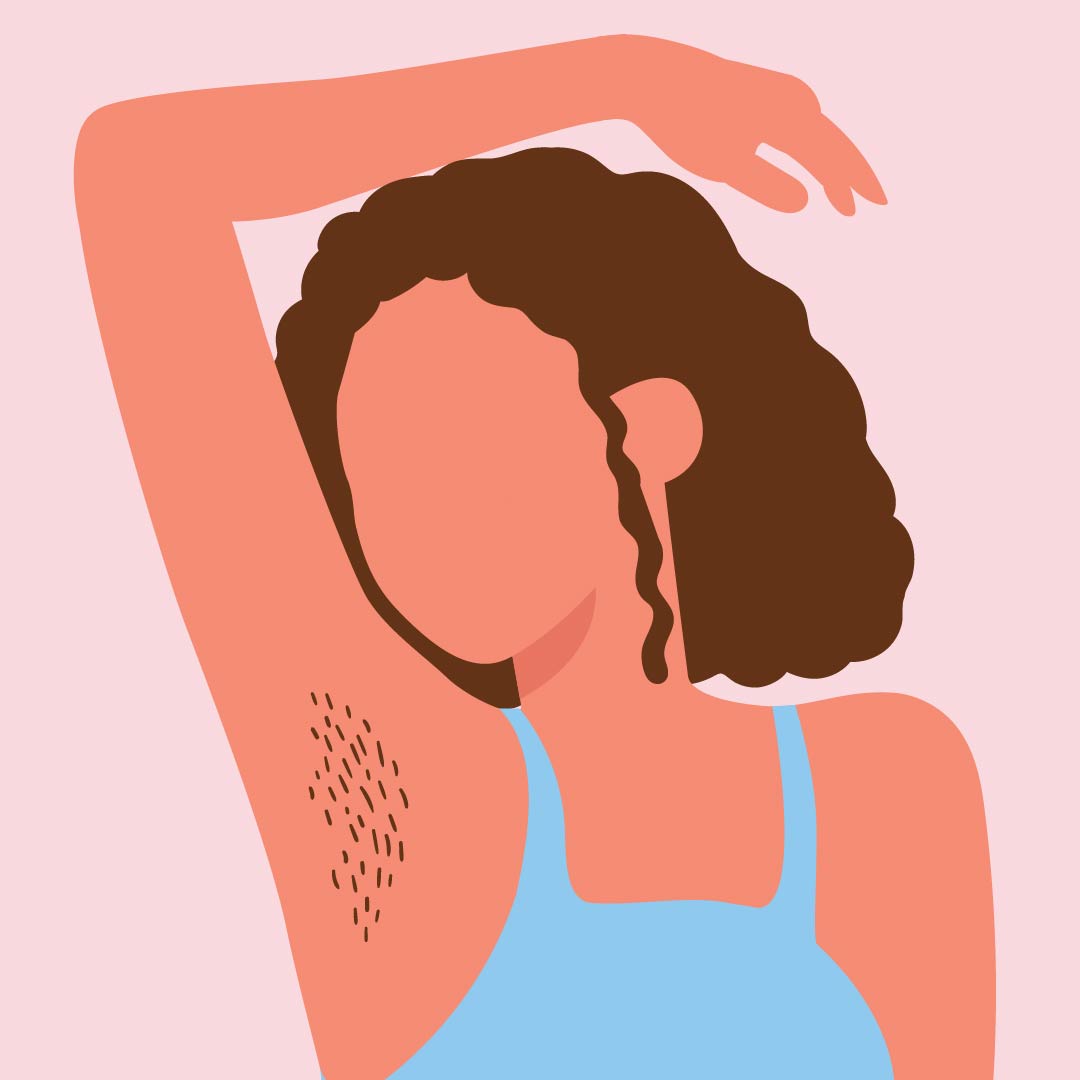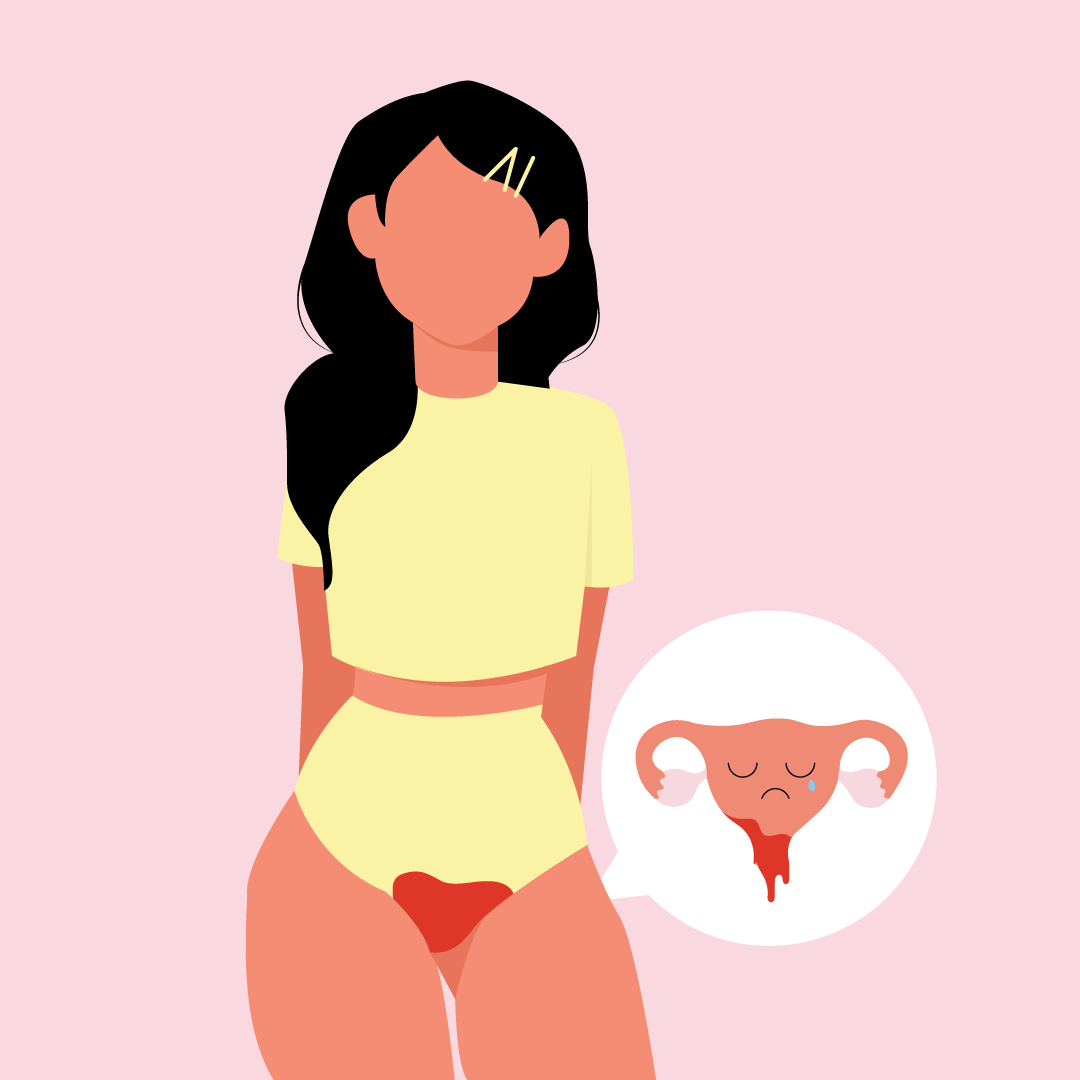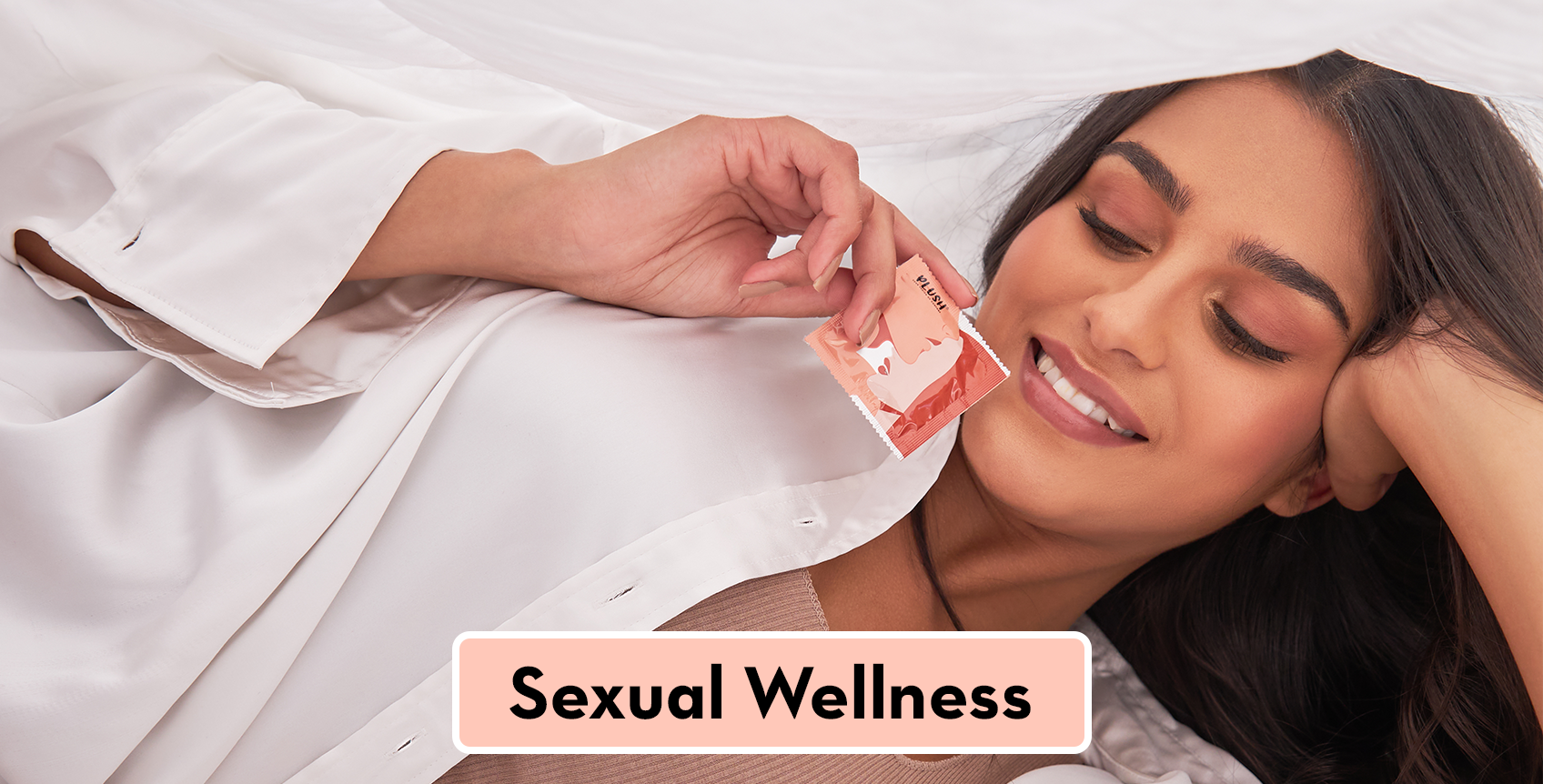Natural Remedies for Period Symptoms: What Works and What Doesn’t

If you’ve ever found yourself curled up in a bed during that time of the month, you know how challenging period symptoms can be. From cramps to mood swings, periods can bring a host of challenges. While popping a pill might seem like the easiest option, many of us are on the lookout for natural remedies to help manage these symptoms. But with so many options out there, how do you know what natural remedies actually work and which ones might just be myths? Let’s break it down.
What Works: Remedies That Actually Help
1. Heat Therapy
Let’s start with a classic: heat therapy. If you’ve ever used a hot water bag on your lower tummy, you know how relaxing it can be. Turns out, it’s not just in your head—heat really does help! It relaxes the muscles in your uterus and boosts blood flow, which can seriously reduce cramping. Studies even say it can work as well as some over-the-counter pain meds. So go ahead, get cozy with our Cramp Relief Heating Patch. Made with 100% Herbal ingredients, it gives you discreet comfort for 8+ Hours.
2. Ginger
Ginger isn’t just great for spicing up your food—it’s also a fantastic natural remedy for period pain. Ginger tea or even ginger supplements can do wonders. There’s solid research backing this up, too. One study found that ginger was as effective as ibuprofen in easing menstrual cramps. Next time you feel those cramps coming on, brew yourself a warm cup of ginger tea and see how you feel.
3. Omega-3 Fatty Acids
You’ve probably heard that omega-3 fatty acids are good for you, but did you know they can help with period pain? Found in fish oil and flaxseed, these fatty acids have anti-inflammatory properties. A study showed that women who took omega-3 supplements had less severe menstrual pain. You can also get your dose from foods like salmon, walnuts, and chia seeds. Yum and beneficial!
4. Magnesium
Magnesium is a mineral that works wonders for muscle relaxation and nerve function. Taking magnesium supplements can help reduce cramps and bloating. Research shows that it can lower the severity of period pain, making those monthly aches a bit more bearable. So, including magnesium-rich foods like spinach, nuts, and dark chocolate (yes, chocolate!) into your diet can be a delicious way to feel better.
5. Exercise
I know, I know—exercising during your period might be the last thing you want to do. But hear me out. Regular physical activity can really help ease menstrual symptoms. Exercise releases endorphins, which are natural painkillers and mood lifters. Whether it’s yoga, a brisk walk, or swimming, moving your body can reduce cramps, boost your mood, and give you more energy. Plus, it’s good for your overall health!
6. Herbal Teas
There’s something incredibly soothing about a warm cup of herbal tea. Chamomile, peppermint, and raspberry leaf teas are popular choices for easing menstrual symptoms. Chamomile has anti-inflammatory properties that can help with cramps, peppermint can tackle bloating, and raspberry leaf tea is believed to tone the uterus. While science is still catching up, many women swear by these teas for a bit of relief.
What Doesn’t Work: Remedies with Limited or No Scientific Support

1. Acupuncture
Acupuncture is an ancient practice that involves inserting thin needles into specific points on your body. Some people find it helpful for pain relief, including menstrual pain. However, the evidence is pretty mixed. Some studies say it helps, while others don’t find much of a benefit. If you’re curious, it might be worth a shot, but keep in mind that results can vary. So, if you’re thinking of giving it a try, don’t be surprised if it’s a hit or miss.
2. Dietary Supplements (Not Supported by Evidence)
While magnesium and omega-3s show promise, other supplements like vitamin B6 and vitamin E have inconsistent results, leaving many scratching their heads over whether to include them in their daily routine. They’re often recommended for period symptoms, but the science isn’t solid, making it feel like a bit of a gamble. Always check with a healthcare provider before starting any new supplement, as they can interact with other medications or cause side effects. So better safe than sorry!
3. Essential Oils
Lavender and clary sage essential oils often get a lot of buzz for relieving menstrual symptoms. Some people find relief through aromatherapy or by applying diluted oils to their skin, turning their bathrooms into mini spas. However, the scientific evidence is limited. Plus, essential oils can cause skin irritation or allergic reactions in some people. So, if you decide to try them, make sure you dilute them properly and maybe do a patch test first.
4. Homeopathic Remedies
Homeopathy uses highly diluted substances to treat various conditions. However, there’s little scientific evidence supporting its effectiveness for menstrual symptoms. Most studies find homeopathic treatments to be no more effective than a sugar pill, which might be disappointing news for those hoping for a magic pill. If you’re considering homeopathy, it’s a good idea to discuss it with a healthcare provider to weigh your options.
Wrapping Up
Natural remedies can be a lifesaver when it comes to managing period symptoms, but figuring out what truly works can be a bit of a journey. Heat therapy, ginger, omega-3 fatty acids, magnesium, exercise, and certain herbal teas have all been shown to help reduce period discomfort. On the flip side, acupuncture, some dietary supplements, essential oils, and homeopathic remedies may not be as reliable.
Always consult with your healthcare provider before trying new remedies, especially if you have other health conditions or are on medication. Remember, what works for one person might not work for another, so don’t be afraid to try different approaches until you find what works best for you. With the right combination of remedies and a sprinkle of self-care, you'll be mastering your monthly cycle like a pro. Here’s to smoother cycles and happier days ahead!
Leave a Message
This site is protected by reCAPTCHA and the Google Privacy Policy & Terms of Service apply.





